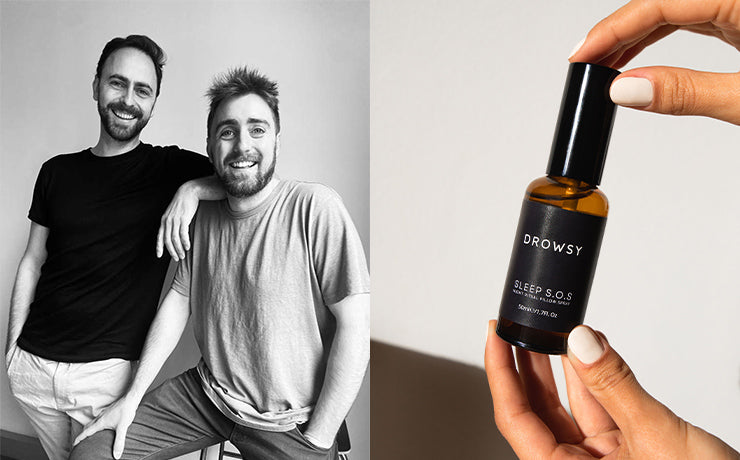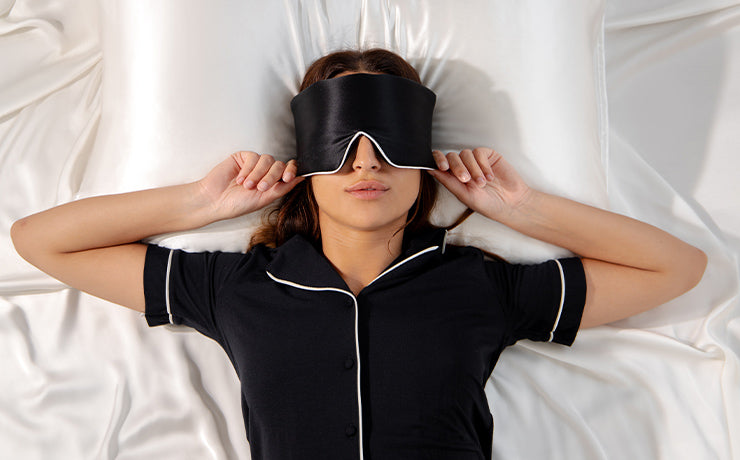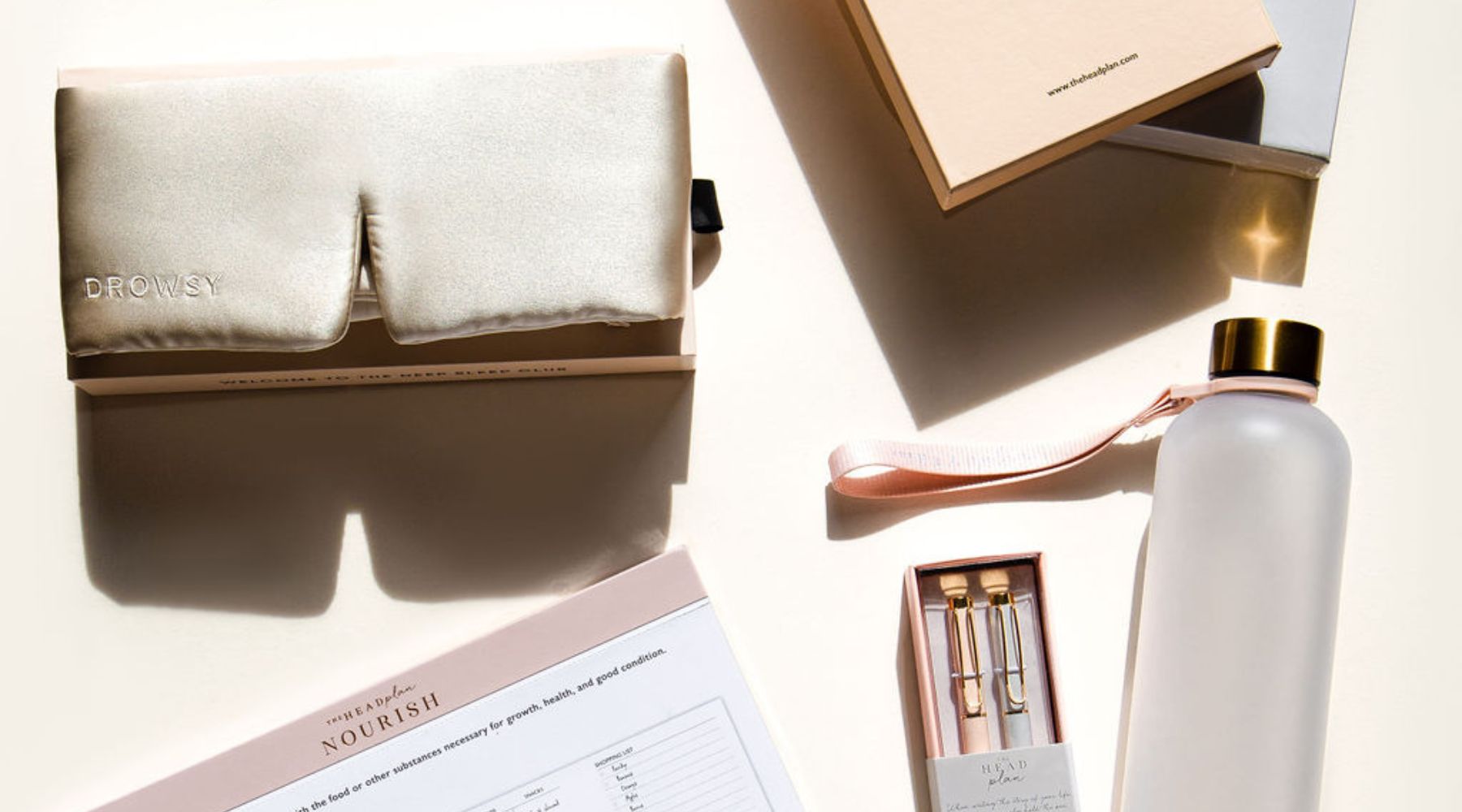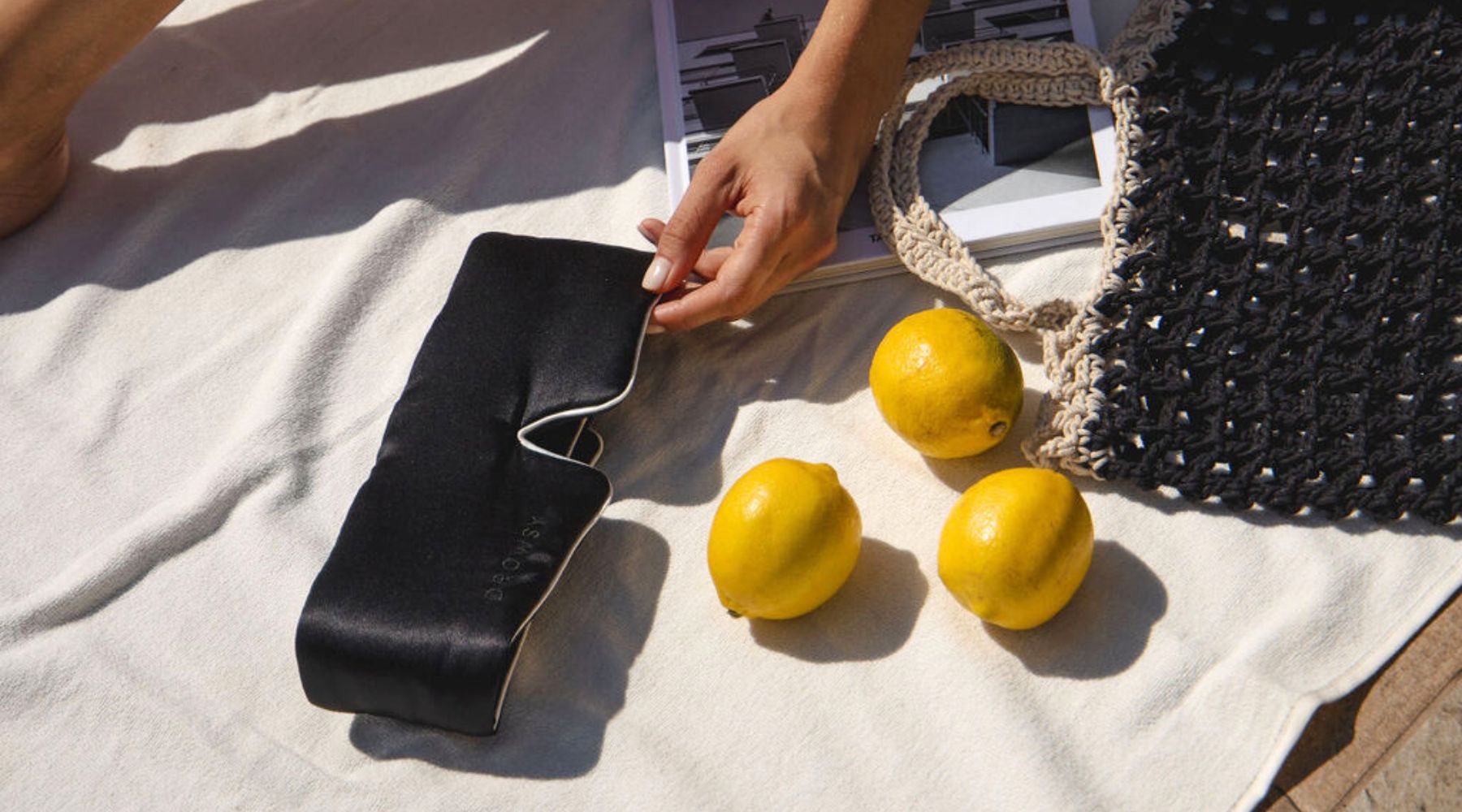The science behind skin aging: can better sleep reverse time?
We all want to hold on to youthful, healthy skin. But over time, skin naturally loses firmness, elasticity, and glow. Wrinkles start to form. Dark circles appear. And suddenly, you're Googling anti-aging creams at 2 a.m. But here's a question that's worth asking: What if the real anti-aging secret isn't in a bottle but in your zzz's? Let's take a closer look at what science knows about sagging skin and whether improved slumber can really help turn back time.
What causes skin to age?
Two main factors drive skin aging: intrinsic aging and extrinsic aging.
-
Intrinsic aging is the natural process that happens as we get older. As you age, your body produces less collagen and elastin, key proteins that help maintain your skin's firmness and smoothness.
-
Extrinsic aging occurs as a result of external stressors such as UV exposure, pollution, stress, inadequate sleep, and even facial movement. Things like chronic sleep deprivation and sleep apnea can accelerate this process, making your skin look older than it is.
While you can't stop time, you can slow down how fast these signs show up on your face, especially by improving your sleep.

How does sleep affect skin health?
Sleep isn't just rest. It's skin repair. When you sleep, your body starts its recovery. Sleep medicine often highlights that this is when your skin is working its hardest to regenerate, rebuild collagen, and heal daily damage. Here's how:
-
Collagen production increases, helping your skin stay firm and wrinkle-free.
-
Your skin's blood flow improves, giving you a brighter, healthier complexion by morning.
-
Inflammation decreases, which may help with puffiness, redness, and breakouts.
-
Melatonin levels rise, providing antioxidant benefits that protect against aging.
In short, it's not just beauty sleep but rather biology in action.
The visible effects of poor sleep quality on your skin
Lack of sleep now and then might leave you with puffy eyes and dull skin. But if it becomes a chronic sleep loss, your skin starts to show premature skin aging. You may notice more fine lines forming and your skin feeling dry or irritated. That's because a lack of rest weakens your skin barrier, making it trickier to retain moisture and defend itself.
Over time, poor sleep can also slow down your skin's ability to repair itself. Breakouts take longer to heal, and your complexion might look less vibrant overall. If your goal is smooth, glowing skin, restorative sleep needs to be part of the plan.
Can better sleep really make skin look younger?
The short answer? Yes—to an extent.
While sleep can't fully reverse skin aging, it plays a major role in slowing it down. A study from University Hospitals Case Medical Center found that poor sleepers had more visible signs of aging and slower recovery compared to those who slept well.
Your skin barrier also suffers. That means more moisture loss, more dryness, and more irritation. Basically, your skin doesn't bounce back the way it should. The longer this goes on, the more it shows on your facial appearance.

How to sleep your way to better skin
If you want to use sleep as a tool to slow aging, focus on quality, not just quantity. Here's how to give your skin the best conditions to repair overnight:
1. Keep the same sleep-wake hours
Your skin loves routine. Sticking to a consistent sleep schedule of going to bed and getting up at the same time helps regulate your body's repair processes and increase collagen regeneration.
2. Establish a relaxing bedtime routine
Avoid screens before bed. A quiet nighttime routine with a warm shower, deep breathing exercises, or reading can help. And prep a quality sleep environment—cool, dark, and quiet is best.
3. Focus on nighttime hydration
Dry skin is more susceptible to wrinkles. Use a hydrating serum or night cream like Drowsy's beauty sleep body cream with magnesium to lock in moisture while you sleep.
4. Use a silk sleep mask
Light exposure can throw off your internal clock and reduce melatonin, which supports your skin's nighttime defense. A Drowsy silk sleep mask blocks out light completely, helping you fall asleep deeper and longer. On top of that, silk is naturally soothing to the skin. It locks in moisture, fights friction, and acts as a crease shield so your skin looks visibly smoother by morning.
Sleep smarter, age slower
If you're investing in serums, treatments, and facials but still not sleeping well, you're missing the foundation of skin health. Your morning skincare routine can only do so much. True glow comes from the inside out. And that starts with quality sleep.
Your immune system works during sleep to repair skin cells and enhance your overall well-being, including mental health. So, no, sleep won't erase every wrinkle. But give your skin the right environment overnight, and you'll absolutely notice a change.
Need help getting that kind of rest? Start by blocking out light and distractions with a Drowsy silk sleep mask, and let your skin do the rest.






